Edwin Poots criticises Belfast Health Trust
- Published
Edwin Poots said he was disappointed by the trust's apparent inability to identify and plan for anticipated pressures
Belfast Health Trust has been criticised for its management of patients, particularly prior to a major incident being declared in January.
Health Minister Edwin Poots said he was disappointed by the trust's apparent inability to identify and plan for anticipated pressures.
His comments follow the publication of a review into unscheduled care across Northern Ireland.
The review contains 16 recommendations for improvement.
Among them, is making greater use of Belfast City Hospital particularly in caring for the frail and elderly.
A major incident was declared at the Royal Victoria Hospital (RVH) in Belfast in January, when a large backlog of patients led to lengthy waiting times in its emergency department.
That tipped over what was an already fragile situation.
The review, by the Regulation and Quality Improvement Authority (RQIA), looked at why patients appear to get stuck in the hospital system, especially in emergency departments where it is not unusual for some to wait on a trolley for more than 12 hours before being admitted.
It highlighted three areas of care that are suffering the most - acute internal medicine, respiratory medicine and particularly care of the elderly.
To improve what is described as patient flow, the review suggests making greater use of the City hospital, including allowing older people direct admission to it instead of waiting for lengthy periods at the Royal.
Among other recommendations, are that all health trusts review their escalation arrangements, particularly at predictable periods such as Christmas.
'Very disappointed'
Mr Poots said: "With regard to the major incident at the RVH, the RQIA has identified planning and systems failings by the Belfast Trust in the period leading up to the incident on 8 January.
"Management of the flow of patients both within the Royal Victoria Hospital and across the trust as a whole could have been handled better.
"I am very disappointed by the trust's apparent inability to identify and plan for these anticipated pressures. I am contacting the chairs and acting chief executives of the Belfast Trust and the Health and Social Care Board to ask them to account for these systems failures.
"I require their assurance that they have learnt lessons from the RQIA's findings and are taking steps to prevent these from happening in the future."
He said there had been 83 serious adverse incidents arising from Northern Ireland emergency departments between 2009 and 2013.
Of those, 48 involved the death of a patient with 13 featuring some element of delay in aspects of their care.
Delays arose for a range of reasons, including issues around the triage process, a missed diagnosis, the accurate and timely communication of information and the speed with which medications or treatments were delivered.
Mr Poots said it was impossible to definitively say to what extent any delay has contributed to any death.
- Published13 February 2014
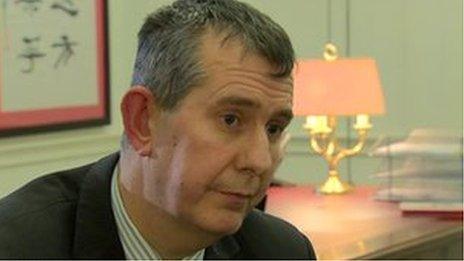
- Published13 February 2014
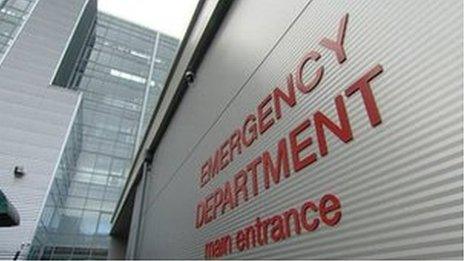
- Published13 February 2014

- Published14 February 2014
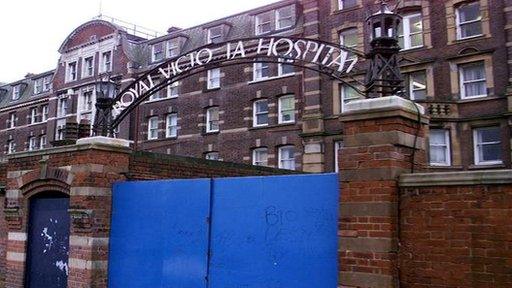
- Published12 February 2014
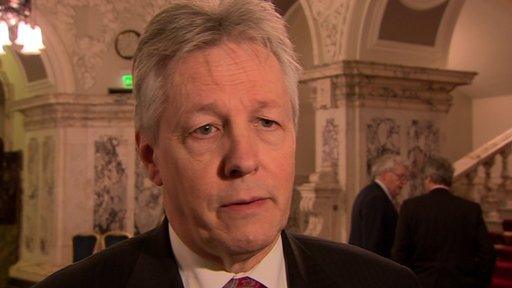
- Published12 February 2014
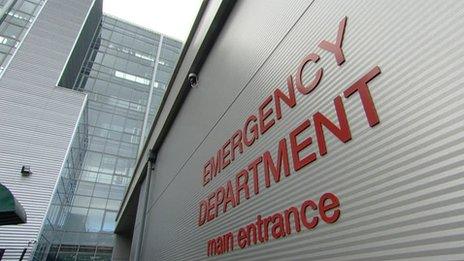
- Published12 February 2014

- Published10 February 2014
